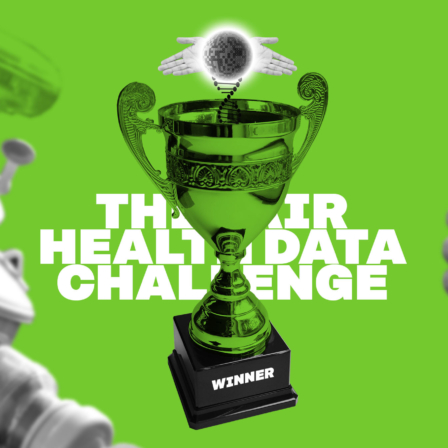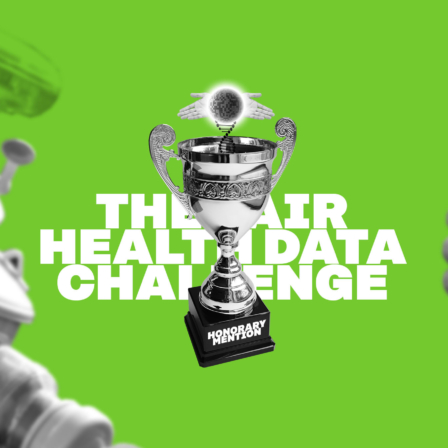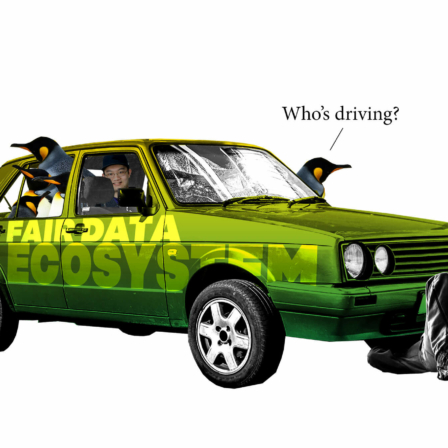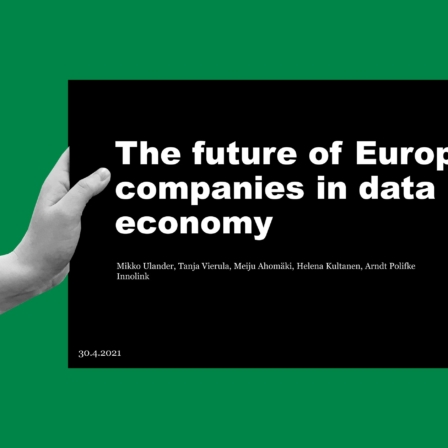People’s health and social welfare data has been used in scientific research and in the development of new treatments for decades, but it has often been difficult to access the data. Increased digitisation provides faster and more flexible ways to utilise well-being data. Legislation, open data, licence systems, service channels and co-operation are needed before data is safely and more smoothly available as raw material for studies.
On 25 September 2017, we gathered together experts from several European countries in Helsinki to discuss well-being data, co-operation opportunities and future prospects. These countries are at very different stages in terms of using well-being data, but all of them already make use of it to some extent.
“This new field of population data science holds tremendous opportunities for the future. It will allow very powerful inputs to the improvement of healthcare,” says Rosalyn Moran from Ireland.
“With co-operation, Europe could be the best place to do research using health data,” according to Ain Aaviksoo from Estonia, offering an optimistic outlook for the future.
We do not need to innovate on our own
Well-being data is a valuable reserve. We should take advantage of people’s health and social welfare data for research in a more flexible manner, while not compromising security. People should be informed about how well-being data is being used so they can trust that their data will be used in an appropriate way.
Carefully prepared legislation can guarantee the flexible availability of data for studies that build a healthier future for us all. There are plenty of opportunities for co-operation even if the different countries are at different stages of the process. We do not need to innovate on our own, we can learn from each other. We all agree about this.
We asked representatives of five countries what was happening in the field of well-being data in Europe. Experts from the Netherlands, Ireland, Estonia, the United Kingdom and Finland answered. The following people responded to our questions in the videos: Ronald P. Stolk, Professor, University of Groningen, the Netherlands, Rosalyn Moran, Cross-Organisation Strategic Projects Manager, Health Research Board, Ireland, Ain Aaviksoo, Deputy Secretary General for E-services and Innovation, Ministry of Social Affairs, Estonia, Peter Bradley, Director of Knowledge and Intelligence, Public Health England, UK, and Risto Kaikkonen, Head of Unit, Information Resource Services, National Institute for Health and Welfare, Finland.
How has the use of well-being data advanced in your country?
Some of the countries have launched a debate on the opportunities the data provides and others have already started making use of the data and are currently setting up new projects.
How can international collaboration in the use of well-being data be improved?
There is a need for co-operation between European countries. As individual nations, we are each too small to do it on our own. We can launch shared projects, form networks and learn from each other.
How can we build trust when it comes to making use of well-being data?
Trust cannot be imported, it has to be earned. This can be done by communicating about it openly and providing high-quality data security.
What inspires you the most when considering the prospects for well-being data?
The experts were most inspired by matters such as the improvement of people’s health and better healthcare.
#isaacus


















Recommended
Have some more.